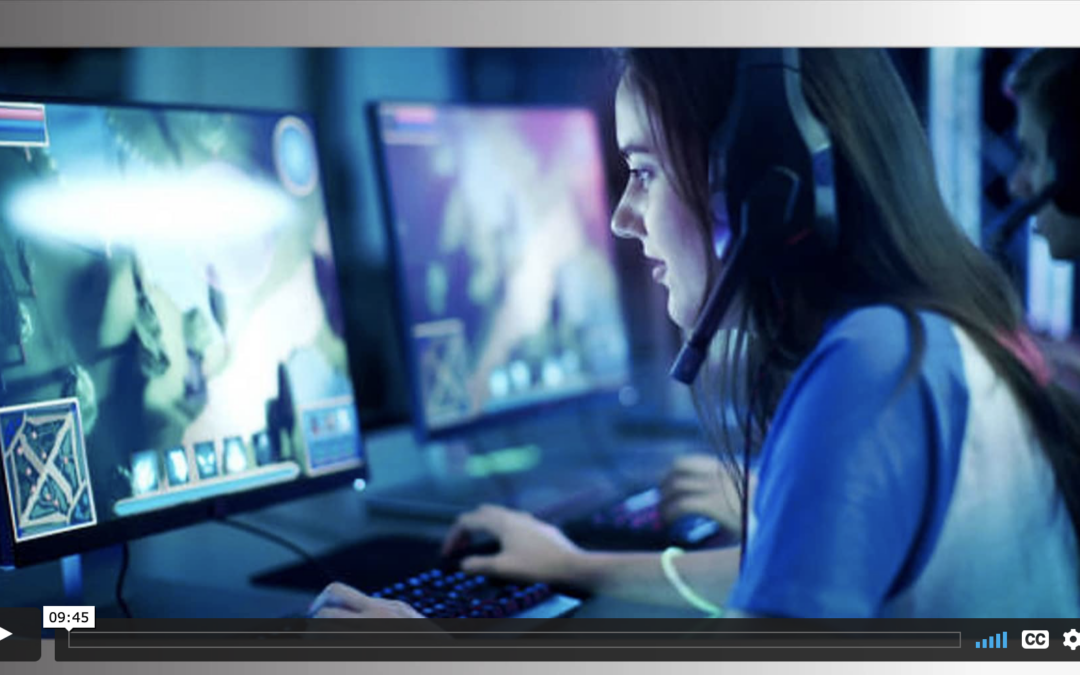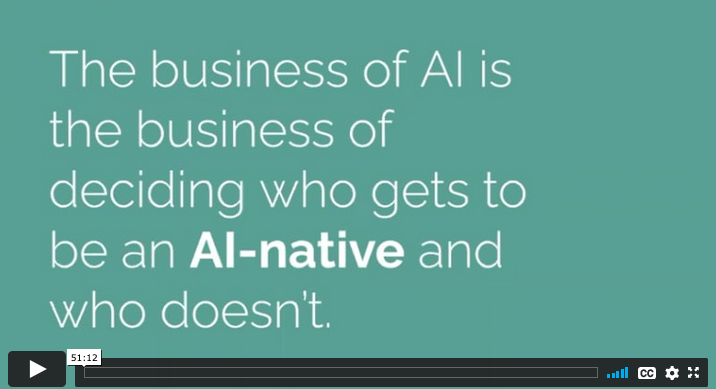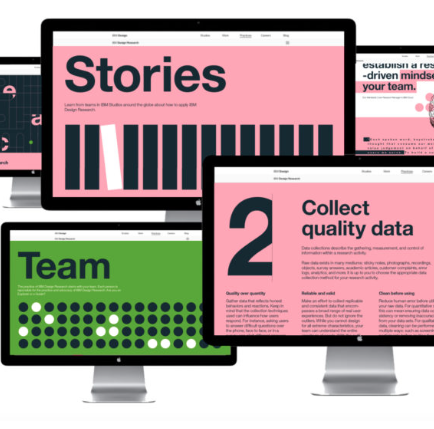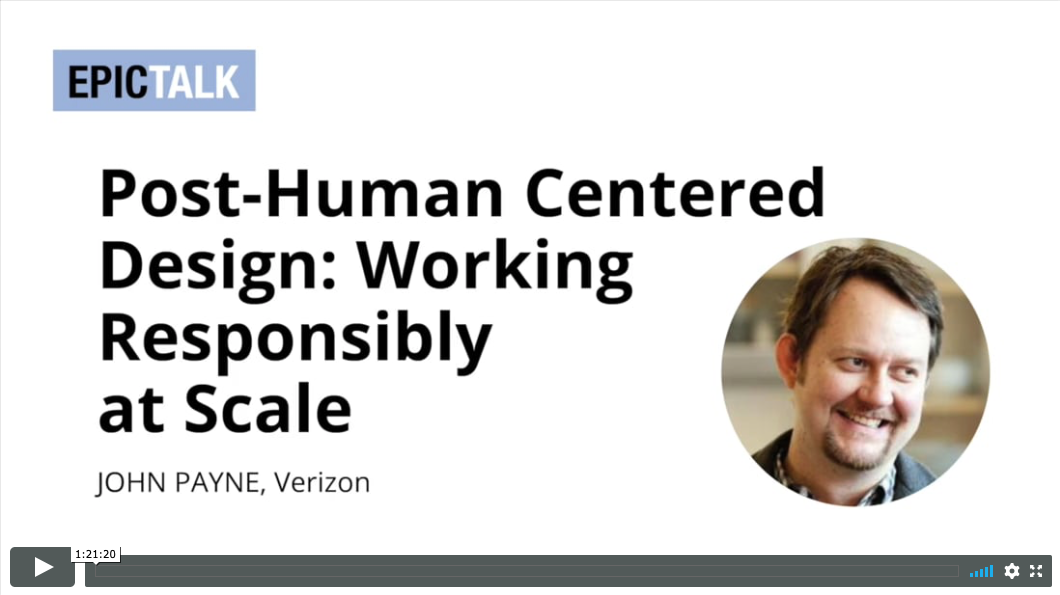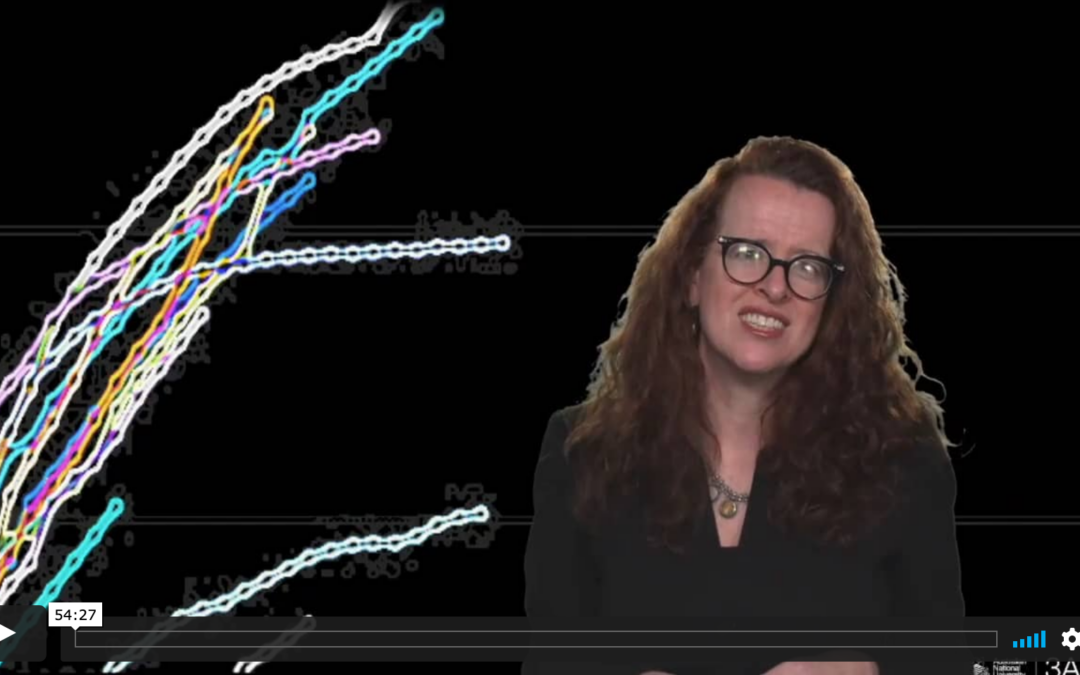While a number of scholars have studied online communities, research on games has been mostly focused on the business, experience, and content of gameplay. Interactions between players within games has received less attention, and toxic behavior is a newer area of investigation in academia....
